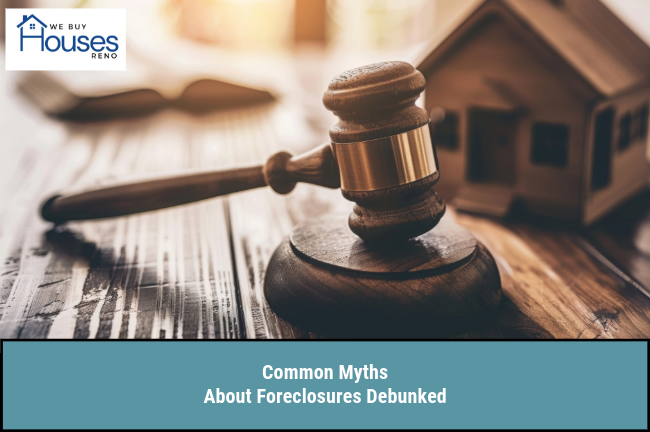Buying a home is a major milestone, but what if you have no credit history? For new borrowers, the process may seem daunting, but there are ways to secure financing even without a traditional credit score. While a strong credit history can simplify the process, lenders have programs designed for those just starting to build financial profiles. Whether you’re a young adult or someone who has avoided using credit, it’s still possible to achieve your homeownership goals. By understanding your options and preparing ahead of time, you can position yourself as a viable buyer. Let’s explore the strategies and alternatives available to help make your dream of homeownership a reality.
Understanding the Challenge of No Credit History
A lack of credit history can make lenders hesitant because they use credit scores to gauge a borrower’s reliability. Without a credit score, they have no way of determining your ability to repay loans. However, having no credit is not the same as bad credit, and this distinction can work in your favor. Lenders often consider other factors, like your income, employment history, and payment track record for bills such as rent or utilities.
It’s important to remember that while traditional credit scores aren’t available, you can still showcase your financial responsibility. Providing evidence of consistent on-time payments and stability in your employment can help build trust with lenders. Understanding their perspective helps you prepare better when applying for financing.
- Credit alternative: Utility bills and rent payments can demonstrate reliability.
- Key factors: Income and employment history are often considered by lenders.
FHA and Government-Backed Loans
Federal Housing Administration (FHA) loans are an excellent option for borrowers without credit history. These loans are tailored to help make homeownership attainable, especially for first-time buyers. FHA lenders may accept non-traditional credit sources, such as rent and utility payment records, to verify your financial responsibility.
Similarly, other government-backed loans, like USDA and VA loans, cater to specific groups such as rural buyers or veterans. These programs often have lenient credit requirements or allow alternatives to a credit score. If you meet the eligibility criteria, these loans can provide an affordable pathway to homeownership.
- FHA advantage: Accepts non-traditional credit like rent and utility records.
- Loan options: USDA and VA loans offer flexible requirements for specific groups.
Building Credit While House Hunting
If you’re not in a rush, building a credit history while house hunting can strengthen your position. Start by opening a secured credit card or becoming an authorized user on someone else’s account. Use credit responsibly by keeping balances low and paying on time to establish a positive record.
Additionally, some lenders recommend using a credit-builder loan, which is designed to help borrowers establish credit. With consistent payments, these tools can help you build a credit profile within a few months, improving your chances of securing a mortgage.
- Secured card: A low-limit card helps establish a positive credit record.
- Credit-builder loan: A loan designed specifically for those starting credit.
Exploring Co-Signers and Alternative Lenders
If you’re unable to qualify on your own, having a co-signer can be a game-changer. A co-signer with strong credit agrees to take responsibility if you default, giving lenders extra security. This can increase your chances of approval and even lead to better loan terms.
Alternative lenders, like credit unions or private mortgage companies, may also be more flexible with credit requirements. They often focus on your overall financial health, considering factors like steady income and savings. Exploring these options can provide creative solutions for borrowers without credit history.
- Co-signer help: A trusted co-signer can improve approval odds and terms.
- Alternative options: Credit unions and private lenders offer flexible criteria.
Conclusion
With the right approach and preparation, buying a home with no credit history is entirely possible. By understanding your options—whether it’s leveraging government programs, building credit, or exploring alternative lenders—you can confidently navigate the process. Homeownership may feel like a big step, but with persistence and the right tools, you can achieve your dream.
Remember, having no credit history doesn’t mean you lack financial responsibility; it simply means you need to present your case differently. Be proactive in showing lenders your reliability through alternative records, steady income, and careful planning. If you’re willing to take the time to research your options and prepare your finances, you’ll find there are many paths to securing a home. Ultimately, the key is persistence and a willingness to explore creative solutions, which can open the door to homeownership, even when traditional credit isn’t part of the equation.



